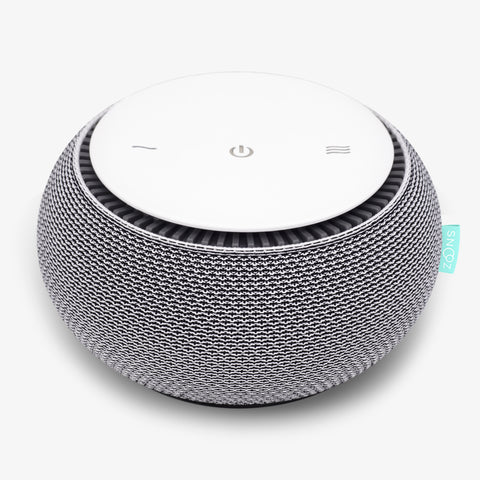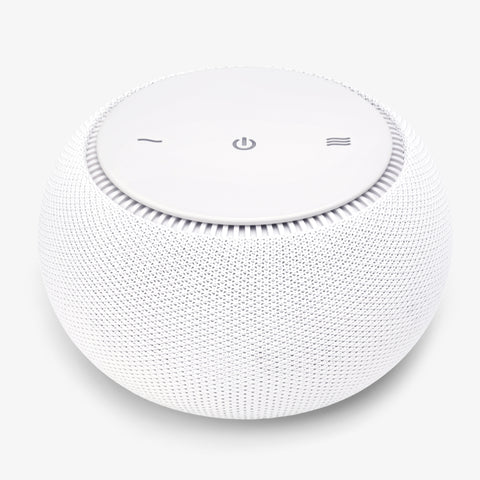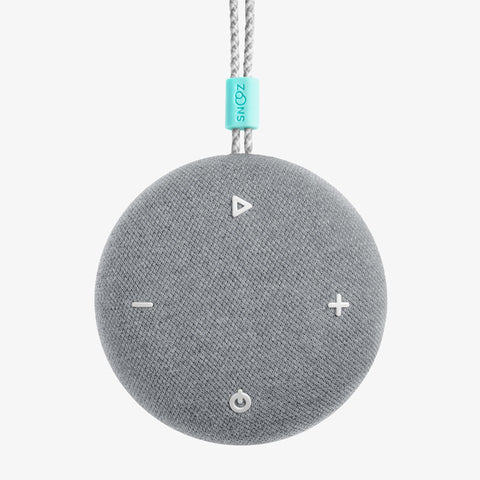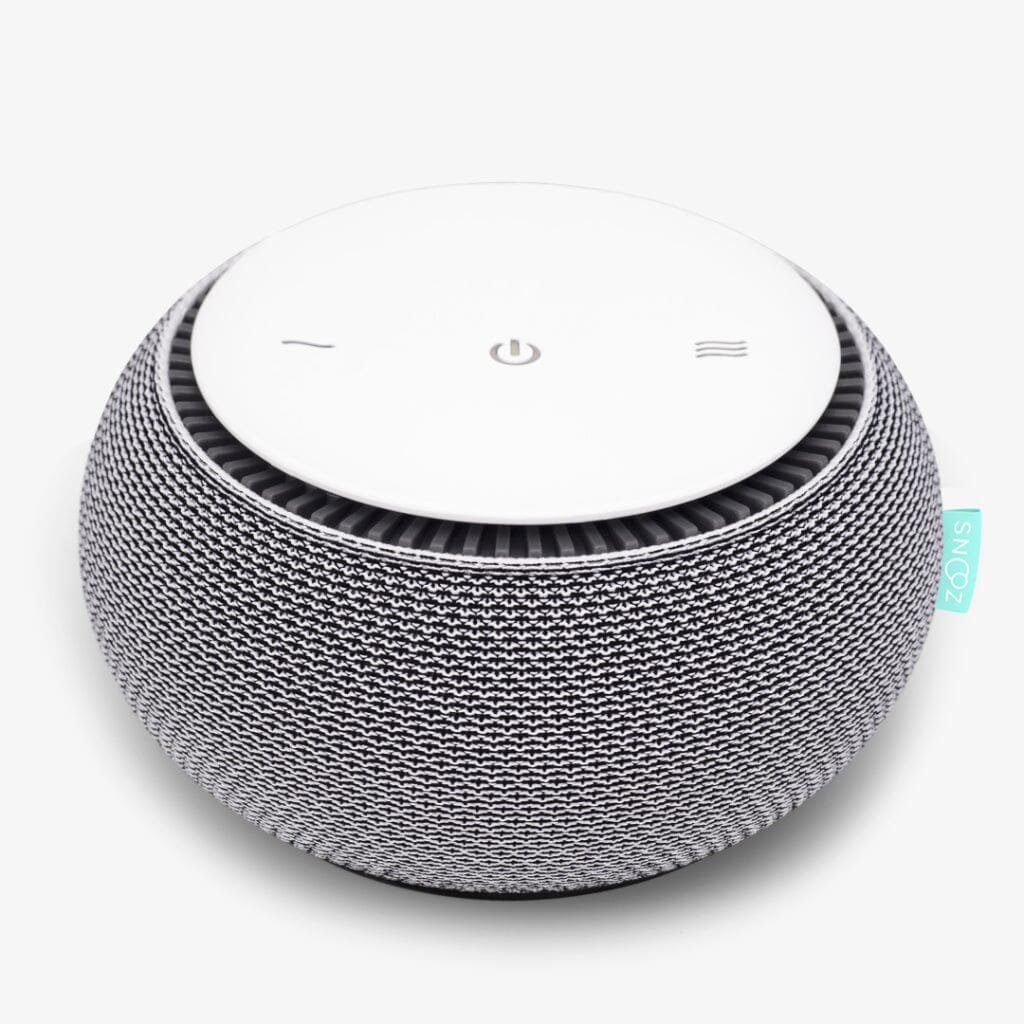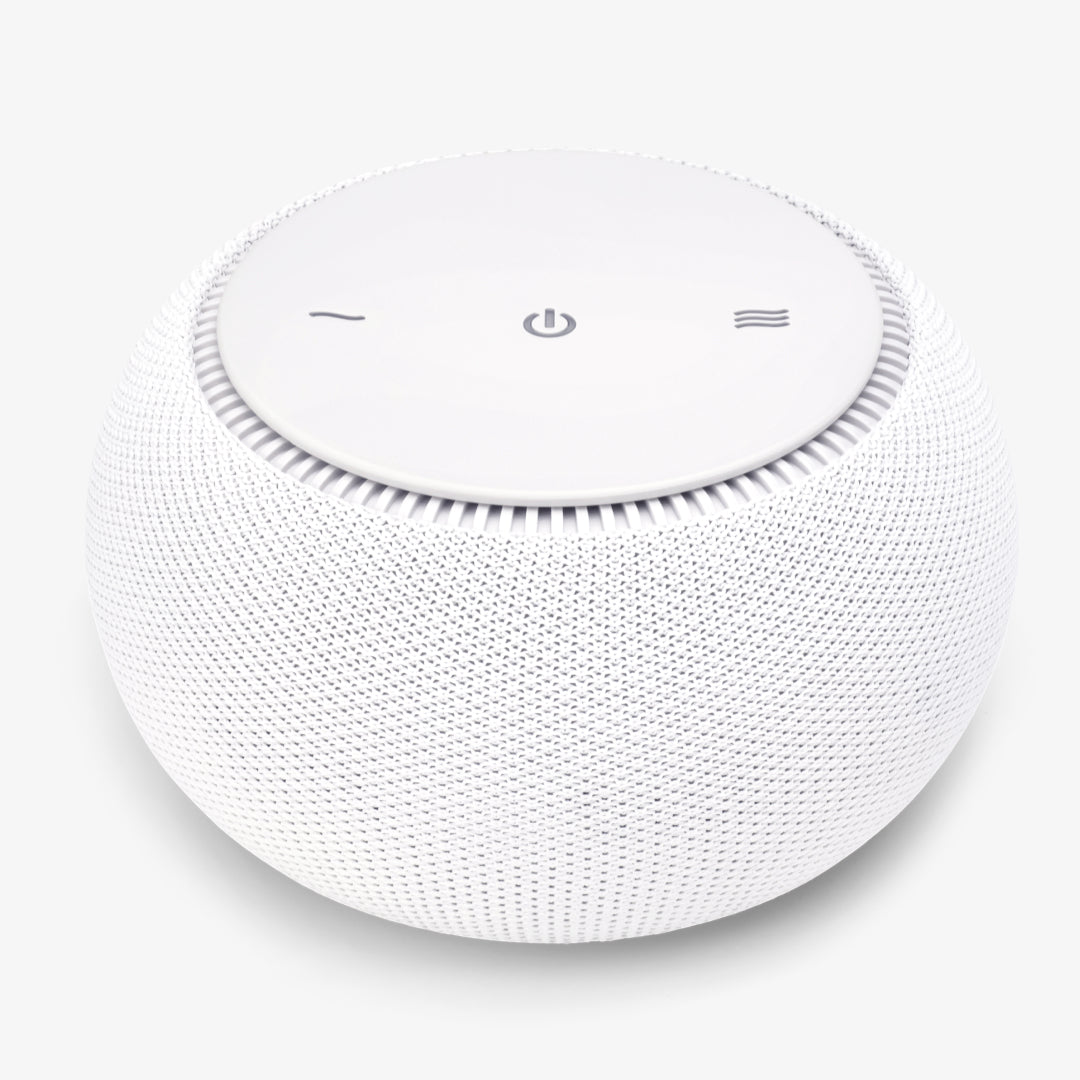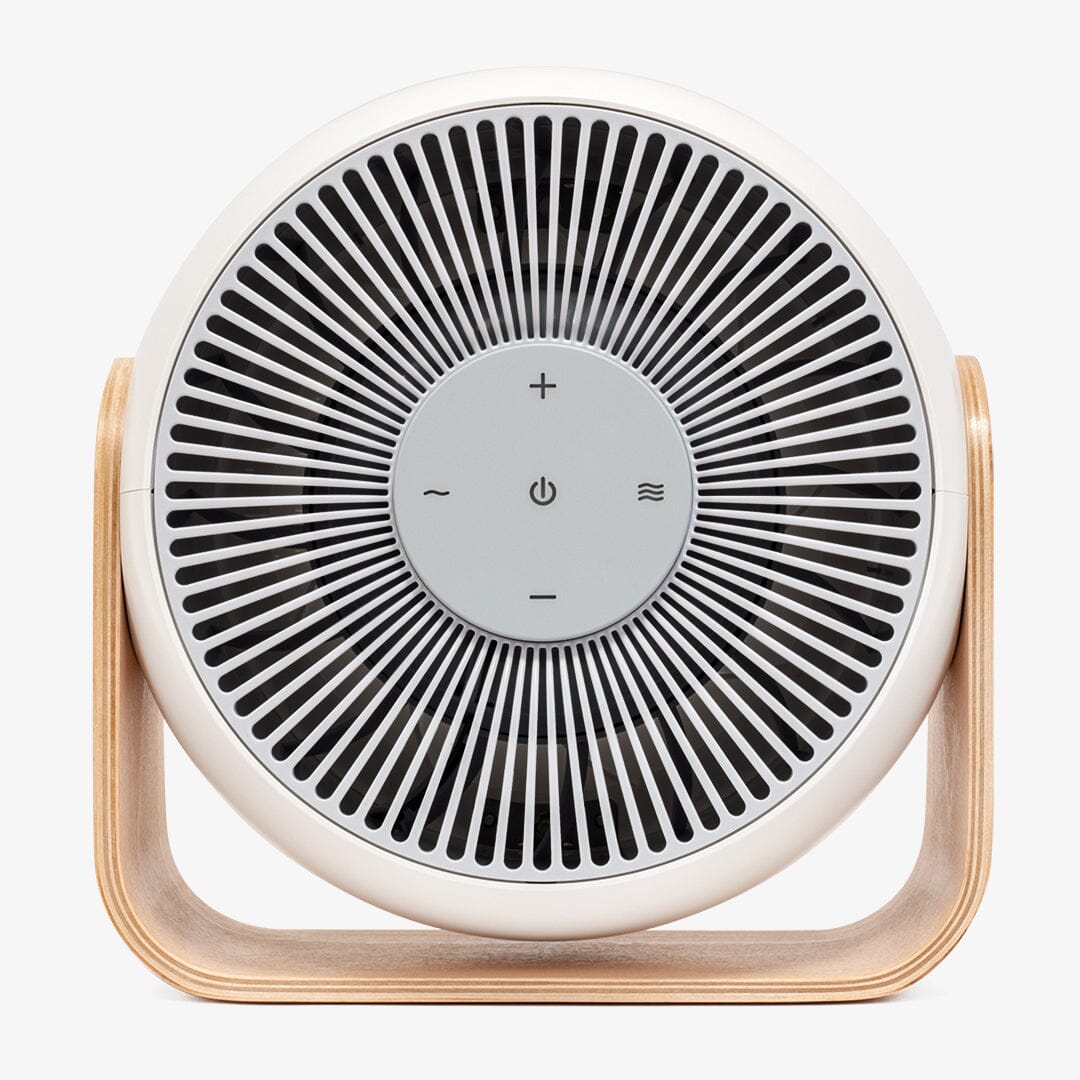Are you tired of waking up feeling groggy and unrested, despite spending what feels like enough time in bed? You're not alone. Many of us struggle with sleep disturbances, often without even realizing the culprits sabotaging our slumber. Here are five common sleep saboteurs backed by scientific evidence and practical tips to help you reclaim your restful nights.
Inconsistent Sleep Schedule:
We all like to stay up late and sleep in on weekends, but this change in sleep pattern leads to weekdays full of fatigue and mental fog.
Our bodies operate on a circadian rhythm, an internal clock that regulates our sleep-wake cycle. Disrupting this rhythm by varying your sleep schedule can have detrimental effects on your health. According to a study published in SLEEP, irregular sleep patterns are associated with decreased cognitive function, increased daytime sleepiness, and mood disturbances. To combat this, maintain a consistent sleep schedule, as recommended by the National Sleep Foundation, to synchronize your body's internal clock and improve overall sleep quality.
If you do want to stay up late on weekends, we recommend still waking at your regular time. This will make it easier to fall asleep on time Sunday night.
Misusing the Bedroom:
The bedroom is for sleep. Experts say that working, eating, or watching TV in bed confuses the brain, making it difficult to fall asleep at night.
The concept of sleep hygiene emphasizes the importance of creating a sleep-conducive environment. Research in Sleep Health suggests that engaging in non-sleep-related activities in the bedroom can disrupt the brain's association between the bedroom and rest, leading to difficulties falling asleep and staying asleep.
Ideally, you should only spend time in your bedroom when sleeping or getting ready for bed. Maintaining a sleep-focused environment promotes better rest. By reserving your bedroom solely for sleep and intimate activities, you can enhance the quality of your sleep and improve your overall sleep efficiency.
Caffeine & Alcohol:
Opting for an extra espresso shot when tired or a nightcap when struggling to fall asleep may seem like a quick fix, but both can result in poorer sleep quality and a cycle of restless nights.
While caffeine is a widely consumed stimulant known for its ability to increase alertness and concentration, excessive consumption can interfere with sleep. According to a study in the Journal of Clinical Sleep Medicine, caffeine consumption, particularly in the afternoon and evening, is associated with difficulty falling asleep, disrupted sleep patterns, and decreased sleep quality.
Similarly, alcohol may initially induce feelings of sleepiness due to its sedative effects, its overall impact on sleep is negative. Despite promoting relaxation and aiding in falling asleep faster, alcohol disrupts the normal sleep cycle, leading to alterations in sleep architecture, increased nighttime awakenings, and poorer sleep quality. Studies have shown that alcohol consumption before bed can result in reduced REM sleep, fragmented sleep patterns, and rebound insomnia as its sedative effects wear off during the night.
Instead of relying on caffeine and alcohol to cope with sleep issues, opt for healthier alternatives and relaxation techniques to promote natural sleep onset and improve sleep quality.
Over-Napping:
Napping can be a valuable tool for combating daytime fatigue and enhancing alertness, but excessive napping can disrupt your nighttime sleep. Studies have shown long naps or napping late in the day can lead to difficulty falling asleep at night and reduced overall sleep quality.
To optimize the benefits of napping without compromising nighttime sleep, aim for shorter naps of 20-30 minutes before 3pm, as recommended by the National Sleep Foundation. This duration allows you to reap the rejuvenating effects of a nap without entering into deeper stages of sleep, making it easier to wake up feeling refreshed and alert.
Bright Lights:
Exposure to bright light, particularly from electronic devices, can disrupt the body's natural sleep-wake cycle by suppressing the production of melatonin, the hormone responsible for regulating sleep.
Research published in the National Library of Medicine shows that exposure to blue light emitted by screens in the evening can delay melatonin onset, making it harder to fall asleep and reducing overall sleep quality.
To minimize the impact of bright lights on your sleep, limit screen time before bed and create a relaxing bedtime routine that includes dimming the lights in your home. By adopting these habits, you can signal to your body that it's time to wind down and prepare for sleep, leading to improved sleep quality and overall well-being.
By identifying and addressing these common sleep saboteurs backed by scientific evidence, you can take proactive steps to improve the quality of your sleep and wake up feeling refreshed and rejuvenated each morning. Remember, prioritizing your sleep is essential for overall health and well-being, so don't let these sneaky saboteurs stand in the way of a good night's rest.

